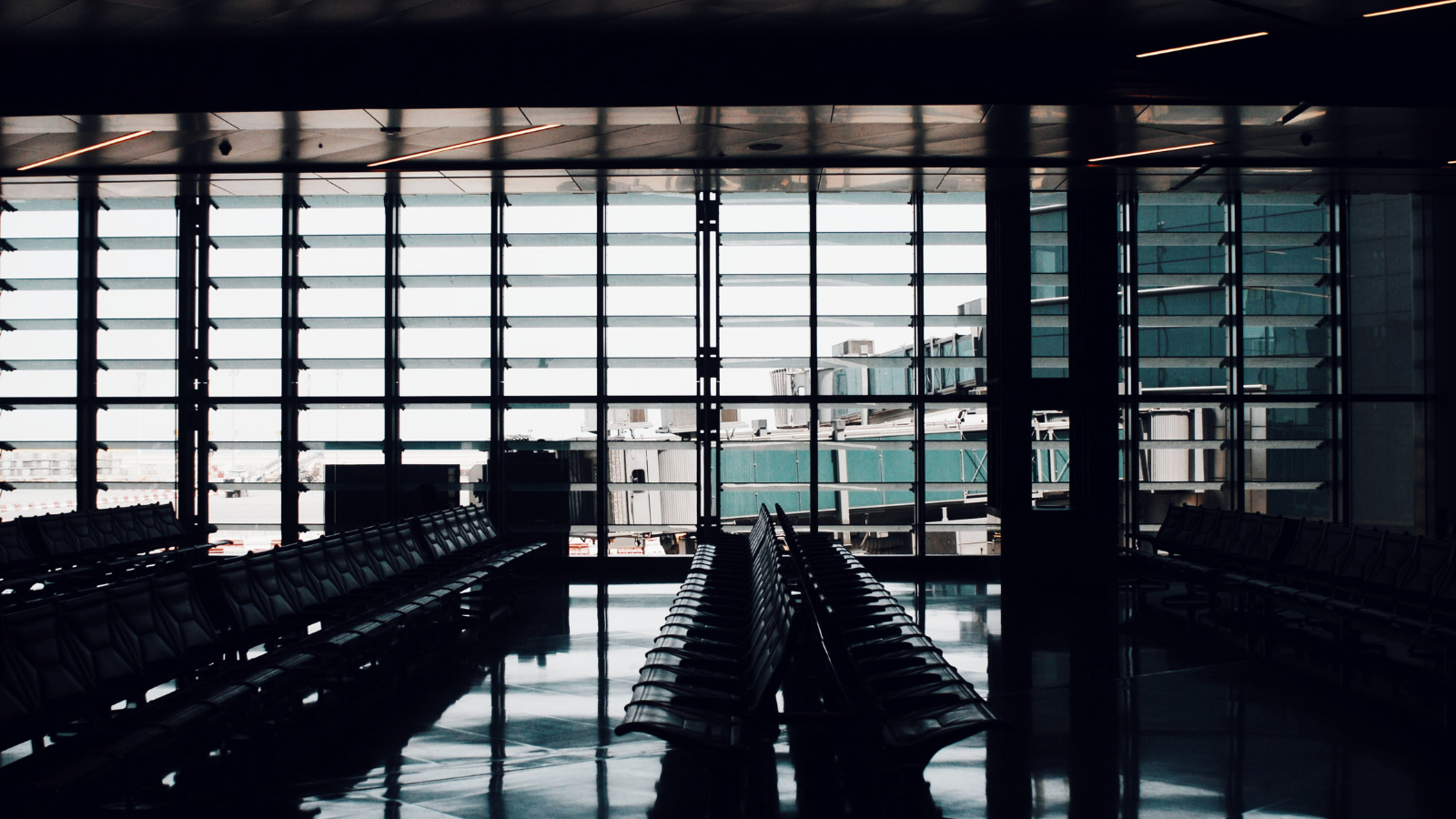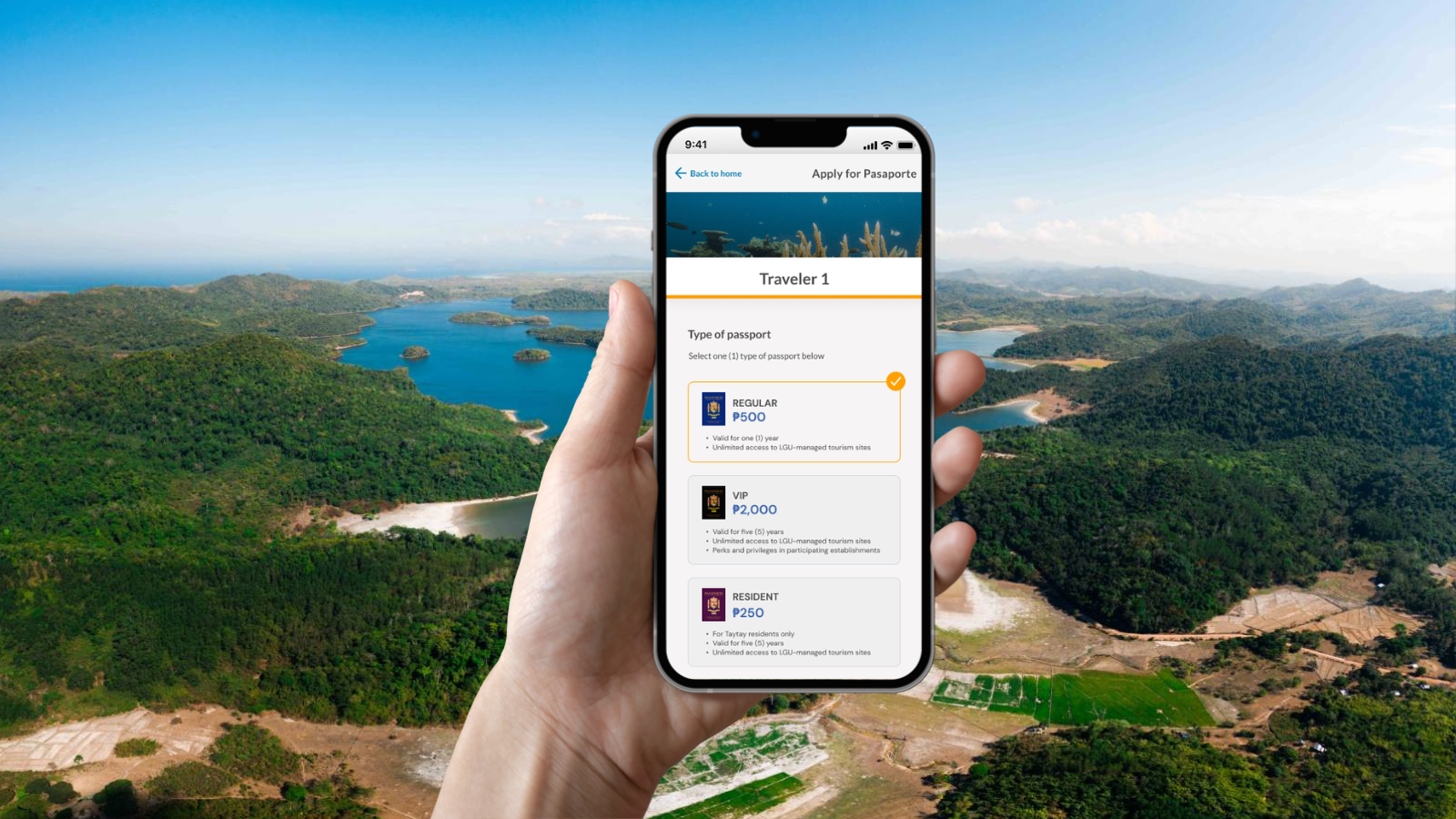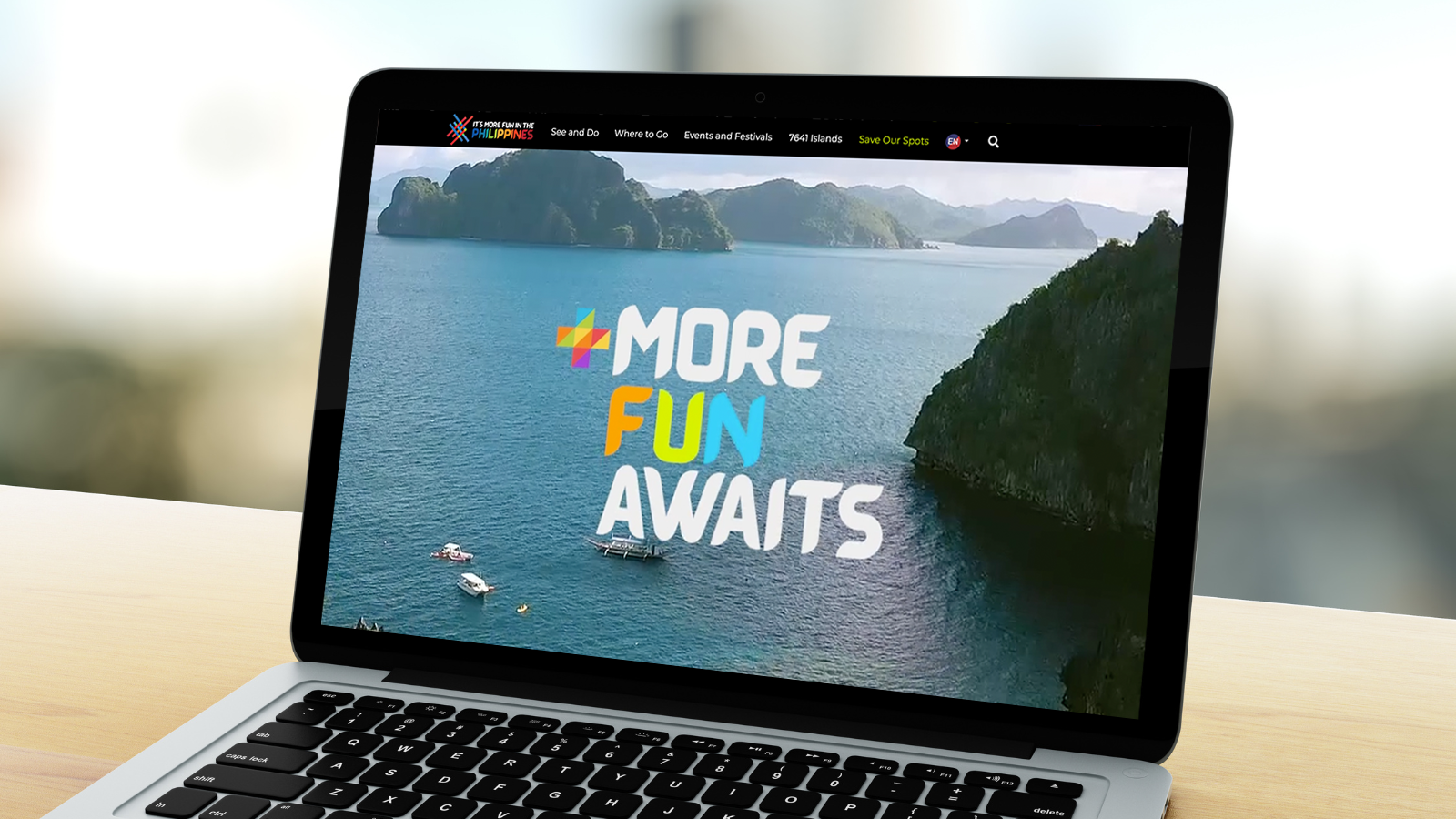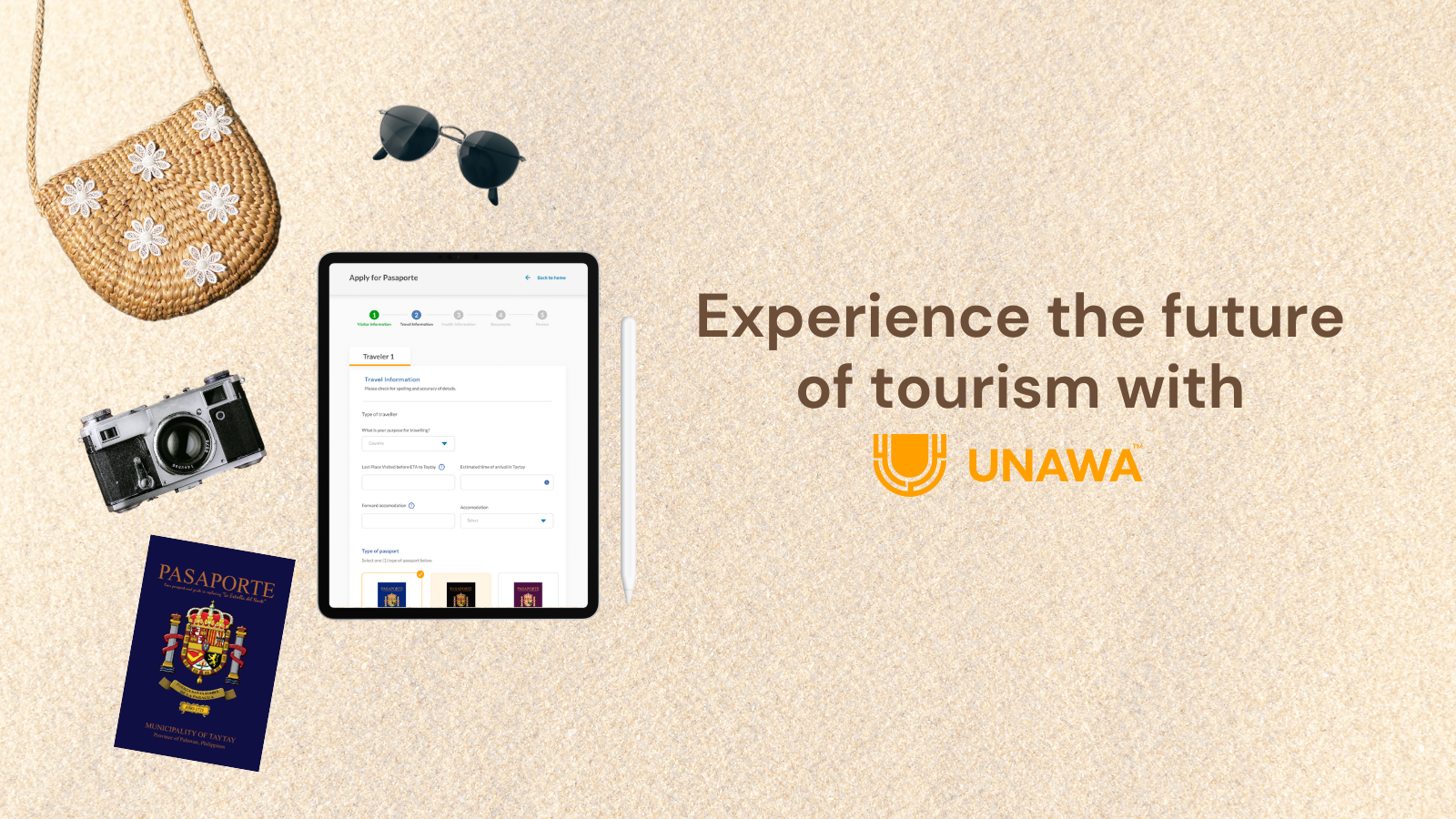The tourism industry is an essential economic driver in the Philippines, and the recent digital transformation has opened up countless opportunities for businesses and the government. With LGUs taking the lead in digital initiatives, the future of Philippine tourism looks brighter than ever.
But with the rapid pace of digitalization, what challenges will the tourism industry face in the coming years? How can all LGUs and other stakeholders ensure that the benefits of digital technologies are enjoyed while safeguarding the environment and cultural heritage?
In this article, we will explore some of the critical digital initiatives that have driven this whole community to remarkable transformation and how UNAWA has supported them through digital innovation and its solutions.
Embracing Digital Technologies to Enhance Tourism
The digital age has opened up a world of countless opportunities for businesses and governments alike. As tourism is one of the key economic drivers in the Philippines, LGUS must embrace digital technologies to stay competitive and improve its services.
Online Platforms for Tourist Information and Services
LGUs in the Philippines have revolutionized the tourism industry through their innovative digital initiatives. One of the most notable initiatives is the development of online platforms that provide comprehensive information on tourist destinations, accommodations, and activities. The positive impact of these initiatives has been game-changing for the industry, making it easier for tourists to plan their trips and access essential information at their fingertips.
For example, the city of Baguio launched an online platform called 'Baguio Visita,' providing tourists with information on the city's tourist destinations, accommodations, and activities. The website's online booking system for accommodations has made it even easier for tourists to plan their trip and book their stay in the city. This initiative, among others, has significantly contributed to the success of LGUs' digital transformation of the tourism industry.

As a result of these digital initiatives, the Philippine Department of Tourism (DOT) reported a record-breaking 8.26 million international tourist arrivals in 2019, representing a 15.24% increase compared to the previous year. LGU digital platforms like Baguio Visita have significantly driven this growth, allowing tourists to access information more efficiently and promoting the country as a top destination for travelers worldwide.
UNAWA has supported LGUs and tourism organizations by providing solutions that help streamline processes and improve efficiency. Solutions like SafeForm™ and RNotary™ enable secure digital transactions and document signing, contributing to the success of LGU digital initiatives. With the continued growth of the Philippine tourism industry, LGUs must remain agile and embrace new technologies and strategies to create a more sustainable, inclusive, and prosperous future for all.
Digital Payment Solutions for a Seamless Experience
Integrating digital payment solutions has significantly improved the tourist experience, allowing visitors to pay for accommodations, transportation, and activities conveniently. LGUs have partnered with payment providers to enable digital transactions, enhancing security and reducing the risk of theft or loss of cash.
According to a World Travel & Tourism Council study, 83% of travelers worldwide prefer digital payment methods due to their convenience and security. This trend has significant implications for businesses and organizations in the travel and tourism industry, including LGUs responsible for promoting tourism and providing essential services to visitors.
For example, Puerto Princesa has adopted a cashless payment system for the underground river tour, simplifying the booking process and ensuring a more seamless experience for visitors. UNAWA's solutions, such as SignSecure™, have supported such initiatives, providing secure and user-friendly options for tourists and local businesses.
These digital payment solutions have benefited tourists and improved financial inclusion for local businesses and residents, enabling them to participate in the digital economy and access a broader range of financial services.
Leveraging Social Media for Promotion and Engagement
Social media has become indispensable for promoting tourism and engaging with potential visitors. LGUs have capitalized on this by developing social media campaigns that showcase the beauty and diversity of their local destinations, ultimately driving more interest and visits.
Viral Tourism Campaigns
Some LGUs have launched viral tourism campaigns on social media platforms like Facebook, Instagram, and YouTube. These campaigns have featured stunning visuals, captivating stories from locals, and unique experiences highlighting their regions' local culture and natural beauty.
The #ItsMoreFunInThePhilippines campaign, which has successfully showcased the country's diverse attractions and engaged millions worldwide, generated an estimated 4.5 billion impressions on social media within just three months of its launch.
By leveraging the power of social media, these campaigns have reached millions of people worldwide, driving more tourists to visit and experience the wonders of the Philippines.
Engaging with Influencers and Bloggers
Another strategy employed by LGUs is collaborating with influencers and bloggers, who can share their experiences with their followers and drive more engagement. These partnerships have resulted in authentic content that resonates with potential visitors and encourages them to explore the Philippines.
Some prominent influencers and bloggers that the LGU has partnered with include:
· Kryz Uy (@kryzzzie), a lifestyle and travel blogger who has showcased the beauty of destinations such as Siargao and Palawan to her 1.4 million Instagram followers.
· Christian LeBlanc (@lostleblanc), a Canadian travel vlogger with over 2 million YouTube subscribers, has documented his adventures in places like Boracay and Cebu.
· Kimberley Camille Tiu (@kimijuan), a travel and lifestyle photographer who has captured the stunning landscapes and culture of the Philippines for her 130k followers.
These collaborations promote sustainable tourism, encourage responsible travel, and care for the environment.
Empowering Local Communities through Digital Skills Training
In addition to improving the tourist experience, LGUs have also focused on empowering local communities by providing digital skills training. This allows residents to participate in the growing tourism industry and benefit from its economic opportunities.
Training Programs for Tourism-Related Skills
Many LGUs have established training programs that teach tourism-related skills, such as digital marketing, social media management, and content creation. These programs are often conducted in partnership with private organizations or government agencies, ensuring participants receive the necessary support and resources to succeed.
In an effort to bridge the digital divide and empower rural communities to participate in the digital economy, the Department of Information and Communications Technology (DICT) launched a series of online learning initiatives, including the Rural Impact Sourcing Technical Training in 2018. By providing digital skills training to rural areas, these initiatives enable communities to contribute to the tourism industry and promote economic growth.

Fast forward to 2020, the DICT partnered with the Philippine eLearning Society to offer free digital marketing courses to tourism industry experts and stakeholders. These courses equip professionals in the tourism industry with the necessary skills to market their businesses and destinations online, ultimately contributing to the tourism industry's digital transformation.
While UNAWA doesn't offer capacity-building services directly, their solutions, such as SafeForm™, SignSecure™, and RNotary™, contribute to creating an environment where the tourism industry and residents can thrive by simplifying business processes and improving security.
Supporting the Tourism Industry During and After the COVID-19 Pandemic
The COVID-19 pandemic has significantly impacted the global tourism industry, and the Philippines was no exception. With travel restrictions and lockdowns in place, the number of international tourist arrivals in the country plummeted to 1.48 million in 2020, representing a drastic 82% decline compared to 2019.
In a statement, Tourism Secretary Bernadette Romulo-Puyat said, "The tourism industry is one of the hardest-hit sectors by the pandemic, but with the support of LGUs, we are optimistic that we will bounce back stronger. Our digital transformation initiatives, coupled with our recovery programs, will not only improve the tourist experience but also ensure the sustainability and resilience of the industry."
In response to addressing these challenges, LGUs have implemented various measures to support the tourism industry during and after the pandemic, focusing on resilience, recovery, and digital transformation.
Financial Assistance and Recovery Programs
To mitigate the economic impact of the pandemic on the tourism sector, LGUs have provided financial assistance and implemented recovery programs for affected businesses and workers. For example, the DOT introduced the Tourism Response and Recovery Program (TRRP), which aims to provide financial assistance, capacity building, job creation, and technical support for tourism stakeholders.
The TRRP includes a ₱10 billion (approximately $208 million) allocation under the Bayanihan to Recover As One Act or Bayanihan 2, which was approved in 2020. This fund provides low-interest loans to tourism enterprises, allowing them to maintain their operations and keep their employees during the crisis.
Health and Safety Protocols
To ensure the safety of tourists and local communities, LGUs have developed and implemented health and safety protocols under the guidelines set by the Department of Health (DOH) and the World Health Organization (WHO). These protocols include physical distancing, wearing face masks, frequent hand washing, and regular disinfection of establishments.
In August 2020, the DOT launched the Safe Travels Stamp, a globally recognized certification that verifies a destination's compliance with health and safety protocols. The stamp aims to reassure tourists that the Philippines is safe during the pandemic.
Digital Solutions for Contact Tracing and Health Monitoring
LGUs have also implemented digital solutions to facilitate contact tracing and health monitoring efforts. These tools help identify and track potential COVID-19 cases, allowing authorities to respond quickly and prevent further virus transmission.
One example of such a solution is the Taytay Pasaporte program, initially designed to monitor tourist traffic during the pandemic. By leveraging UNAWA's cloud-based solutions, the program enables efficient and secure contact tracing for visitors in Taytay, Palawan.

Promoting Domestic Tourism
In light of international travel restrictions, LGUs have shifted their focus from mass tourism to promoting sustainable domestic tourism to revive the industry. They have launched various campaigns and initiatives encouraging Filipinos to explore their country and support local businesses.

For instance, the DOT initiated the "More Fun Awaits" campaign in 2021, which aimed to inspire domestic travelers to rediscover the beauty of the Philippines while adhering to health and safety protocols. This campaign encouraged Filipinos to support local businesses and communities, promoting a more sustainable and inclusive tourism industry.
Conclusion: Shaping the Future of Philippine Tourism with Digital Solutions

The digital transformation of the Philippine tourism industry has been a game-changer in driving growth through sustainable tourism development and promoting sustainable practices. LGUs have played a vital role in this transformation, spearheading innovative digital initiatives and providing local communities with the necessary skills and tools to thrive in the digital era. As a crucial partner in this journey, UNAWA has supported LGUs and the tourism industry by offering solutions like SafeForm™, SignSecure™, and RNotary™, which improve the tourist experience, support local businesses, and ensure sustainable tourism practices.
To continue the momentum, the Philippine tourism industry and LGUs must remain agile and embrace new technologies and strategies to create a more sustainable, inclusive, and prosperous future for all. By leveraging digital technologies, LGUs, local businesses, and communities can work together to create unforgettable experiences for tourists while preserving the country's rich cultural heritage and natural beauty. This positive change will ensure that the Philippines remains a top destination for travelers worldwide, ultimately contributing to the nation's continued growth and prosperity.
UNAWA is committed to supporting your LGU or tourism business in this journey. Visit our website or contact us today to explore how we can help you leverage digital technologies to create a sustainable and thriving tourism industry in the Philippines.
Together, let's build a brighter future for Philippine tourism!

